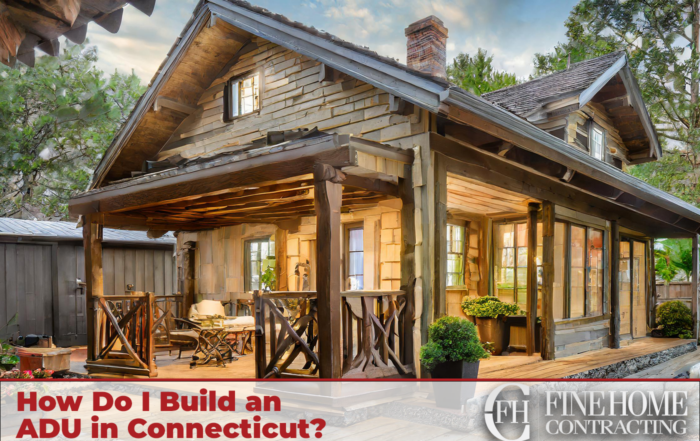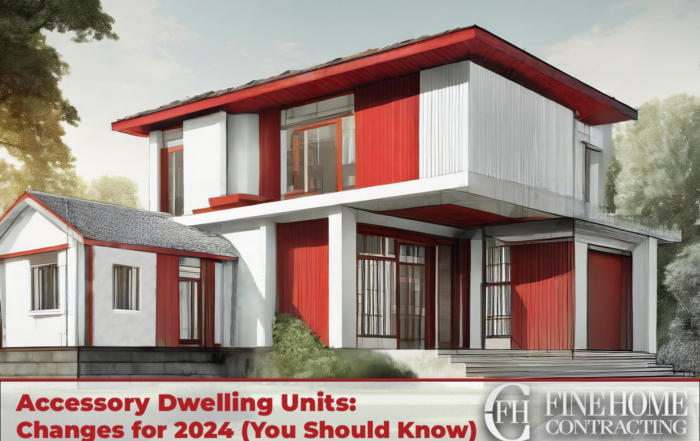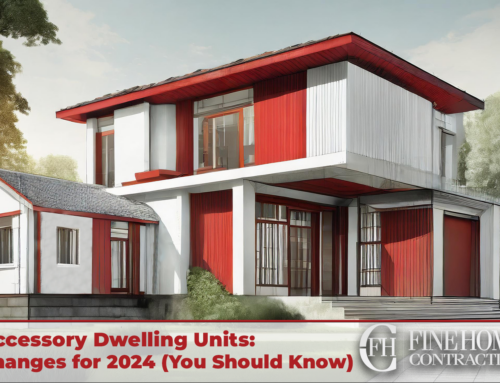In New Haven, there are exciting changes ahead for homeowners and builders regarding Accessory Dwelling Units (ADUs). The New Haven Independent is reporting that the City Plan Commission has approved a vote to lift some restrictions on ADU constructions in New Haven. Whether you’re already a homeowner in New Haven looking for a in-law suite or space for guests, or a prospective buyer looking for rental income, these changes greatly expand your options for remodeling and improving your property.
What is Changing?
The new rules are designed to give more flexibility in creating additional living spaces. Here’s what you need to know:
- Expansion of Options: Previously, ADUs were limited to converting existing spaces like basements or garages. Now, you can also build new structures or add to existing ones, giving you more freedom to design the perfect space.
- No Extra Parking Required: Adding an ADU won’t mean you need to add more parking spaces, making it easier to plan your project.
- Location and Size Rules: Any new ADU has to be in the backyard or to the side, maintaining a 5-foot distance from property lines. It can’t be taller or larger than your main house, ensuring it complements your property nicely.
- Zoning and Land Use: ADUs are still limited to certain residential areas and must follow local zoning laws, including how much of your land can be built on.
These changes are great news for those looking to add value to their homes or create additional living space for family members or renters. For a deeper dive into how these updates might impact your next project, check out the full details in the original articles on the New Haven Independent and Fine Home Contracting’s websites.
The new regulations in New Haven for ADUs mark a shift from the old rules, which only allowed the conversion of existing spaces like basements, attics, and garages into ADUs. The updated ordinance permits the construction of new standalone structures or additions to existing buildings for ADU purposes, without the requirement for additional parking spaces. These ADUs must adhere to specific location, size, and zoning regulations to ensure they fit within the residential landscape and do not become the main structure on the property.
One of the significant updates in New Haven’s ADU regulations is the relaxation of parking restrictions. Previously, adding an ADU might have required the addition of new parking spaces. Under the new rules, property owners can create ADUs without the need to increase parking, simplifying the development process and making it more feasible for many homeowners. For more in-depth information, you can refer to the full details in the original articles on the New Haven Independent website.






